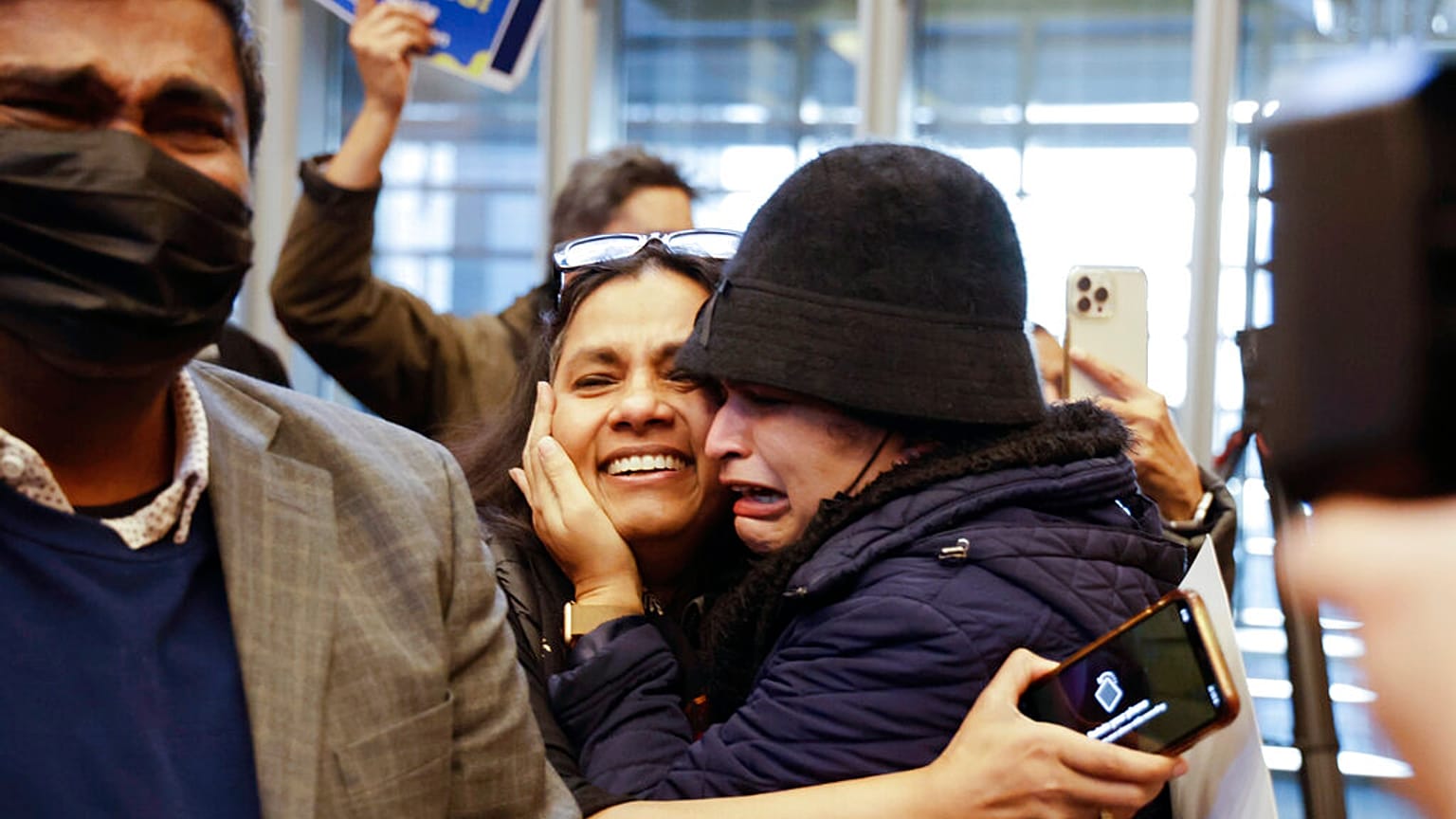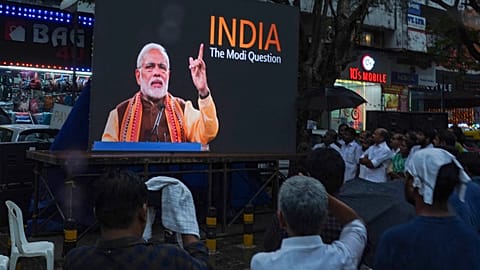Seattle is also the first city outside South Asia to pass a law against caste discrimination, a contentious issue among the South Asian diaspora.
Seattle has become the first city in the United States - and outside South Asia - to add caste discrimination to its anti-discrimination laws.
After a tense and noisy hearing on Tuesday, Seattle’s City Council voted 6-1 in favour of an ordinance, agreeing that caste discrimination crosses national and religious boundaries and that without such laws, those facing caste discrimination in the US will have no protections.
Yogesh Mane, a Seattle resident who grew up as an untouchable in India, broke down in tears as he heard the council's decision.
“I'm emotional because this is the first time such an ordinance has been passed anywhere in the world outside of South Asia,” he said. “It's a historic moment."
The packed council chambers overflowed with activists from both sides bearing banners, chanting slogans and challenging speakers and city officials as they made their comments. A majority of those present were supporters of the ordinance and those opposed were a vocal minority.
The emotional hearing laid bare stark divisions over this issue within the South Asian diaspora.
What is caste discrimination?
A caste is a division of people based on birth or descent. Prevalent in South Asian countries including India, Pakistan and Nepal, caste systems assign social, political and economic status based on a person’s birth.
A person’s caste is passed along to their descendants, often locking generations of people into oppressive social structures.
The origins of the caste system in India can be traced back 3,000 years as a social hierarchy based on one’s occupation and birth. It’s a system that has evolved over the centuries under Muslim and British rule.
The suffering of those who are at the bottom of the caste pyramid – known as Dalits, which means “broken” in Sanskrit – has continued. Caste discrimination has been prohibited in India since 1948, a year after the nation’s independence from British rule.
However, the undercurrents of caste continue to swirl in India's politics, education, employment and even in everyday social interactions. Caste-based violence, including sexual violence against Dalit women, is still rampant.
What does caste discrimination look like in the US?
There are nearly 5.4 million South Asians living in the US, most with roots in Bangladesh, Bhutan, India, Nepal, Pakistan and Sri Lanka, according to the group South Asian Americans Leading Together.
Dalit groups and their supporters say caste discrimination is prevalent in US diaspora communities, manifesting itself in the form of social alienation and discrimination in housing, education and the tech sector where South Asians hold key roles.
Some Dalit-Americans say they have trouble escaping stereotyping and discrimination in their professional and personal lives because of their caste-identifying last names.
A 2018 survey of 1,500 South Asians in the US by Equality Labs found that 67 per cent of Dalits who responded reported being treated unfairly at their workplace because of their caste. Of the Dalit students who were surveyed, 40 per cent reported facing discrimination in educational institutions, compared to only 3 per cent of upper-caste respondents.
Who’s against anti-caste discrimination laws and why?
The movement to address caste discrimination legally has been getting pushback from some Hindu-Americans who argue that such legislation maligns a specific community.
Suhag Shukla, executive director of the Hindu American Foundation, called Seattle’s ordinance unconstitutional because “it singles out and targets an ethnic minority and seeks to institutionalise implicit bias towards a community.”
“It sends a message that we are an inherently bigoted community that must be monitored,” Shukla said.
Council Member Sara Nelson who cast the lone dissenting vote agreed with opponents calling the ordinance “a reckless, harmful solution to a problem for which we have no data or research.”
“This could generate more anti-Hindu discrimination and could dissuade employers from hiring South Asians,” she said. “The community that is being impacted is deeply divided on this issue.”
Other Hindu-Americans said the ordinance demonises their religion, as many people wrongly attribute the caste system to Hinduism alone.
“When you say it originated 2,000 years ago, that is implicitly blaming Hinduism,” said C.H. Srikrishna, a San Francisco Bay Area-based tech worker, who is Hindu. “That bothers me. I feel betrayed.”


















